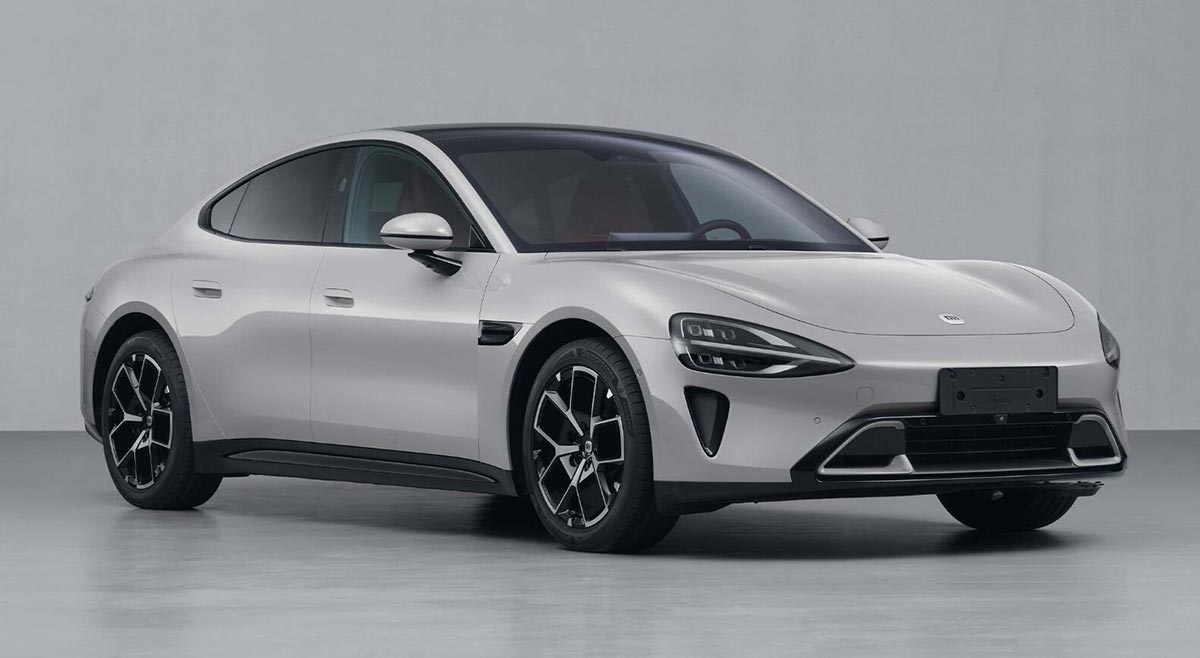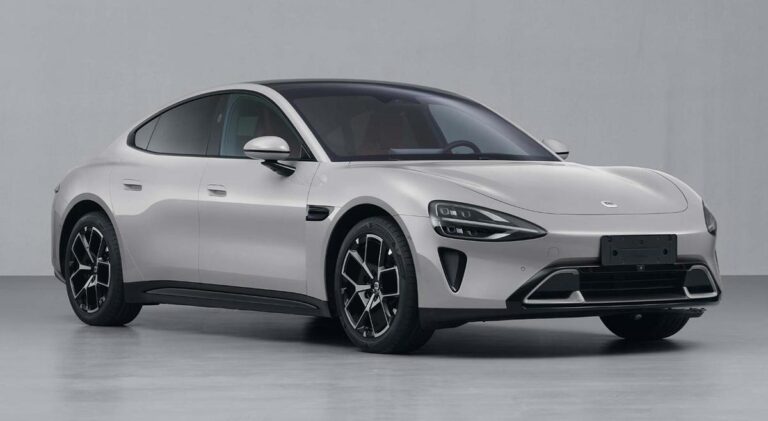The strategy of having a hybrid model as the third product is more of a practical move by Xiaomi to boost sales faster, local media said.
(Xiaomi EV in China's industry regulator filing catalog.)
Chinese smartphone giant Xiaomi's product array will reportedly include hybrid models, after its first model was revealed by a filing last month.
Xiaomi has planned a total of three models, with the first two being battery electric vehicle (BEV) models and the third being a hybrid model, according to a report by local media outlet AutoPix today.
Xiaomi's first model, internally codenamed Modenat, will be officially launched next year, the report said, adding that Xiaomi's second model is internally codenamed Lemang, and the third is Kunlun.
Lemang will be a BEV model like Modenat, while Kunlun will be a hybrid, the report said.
Previous media reports suggested that the third model of Xiaomi will feature extended-range technology, though a source close to the company's R&D team said that as of November, Kunlun was still in the process of moving from conceptual design (E1) to the detailed design stage (E2), according to the report.
Kunlun will be a hybrid product, but whether it will be a plug-in hybrid (PHEV) or an extended-range electric vehicle (EREV) cannot be confirmed at this stage of design, the report said.
Regardless of whether the Kunlun ends up being a regular PHEV or an EREV, the strategy of making the hybrid model the third product is more of a practical move by Xiaomi to boost sales faster, the report said.
Including BEVs, hybrids, and fuel cell models, China's retail sales of new energy vehicles (NEVs) in the January-October period amounted to 5.96 million units, a year-on-year increase of about 35 percent, according to the China Passenger Car Association (CPCA).
Retail sales of BEVs during this period were 4.0 million units, up 19 percent year-on-year, and hybrid vehicle sales were 1.96 million units, up 83 percent year-on-year.
Sales of hybrids grew at a much higher rate than BEVs, the AutoPix report noted, adding that in the eyes of industry insiders, hybrids can grab market share from fuel vehicles faster, a trend that will continue for another year or two.
Xiaomi has spent nearly three years preparing its first model Modenat, but in subsequent developments, its new car cycle will be significantly shortened, and it is expected to maintain a pace of launching at least one new car per year in the future, according to the report.
Xiaomi's car factory in Yizhuang, Beijing, hopes to fulfill its goal of producing 300 vehicles in December, several times more than in November, the report said.
That doesn't mean the car will start mass production in December, with the additional production mainly to meet demand for show cars, and the point of mass production will be no earlier than the first quarter of next year, according to the report.
On November 15, Xiaomi's first EV model, the SU7, was included in a filing catalog with China's industry regulator, marking the completion of the last major regulatory process before the model's launch.
Also on November 15, local media outlet National Business Daily reported that mass production of Xiaomi's first EV model will begin in December, with an official launch in February next year.
Xiaomi's car factory in Beijing has been conducting small-volume trial production for some time, with dozens of vehicles already produced, National Business Daily said in the report last month, citing a person familiar with the matter.


